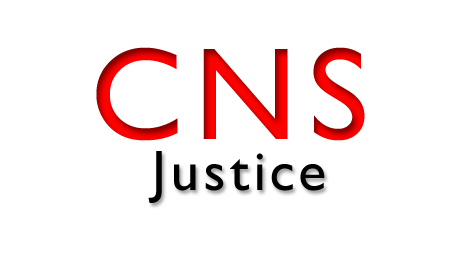WASHINGTON — A Christian university’s case challenging the Obama administration’s health care act as an abridgement of its religious freedom will get another hearing in federal court, but experts diverge on whether this is just normal procedure or whether the law could be changed.
On Monday, the Supreme Court ordered the 4th U.S. Circuit Court of Appeals, which has jurisdiction over Maryland, as well as West Virginia, Virginia, North Carolina and South Carolina, to rehear a case filed by Liberty University that claims the Patient Protection and Affordable Care Act violates its religious freedom.
Liberty University, a Christian college in Lynchburg, Va., is challenging the part of the act that imposes a fine for individuals who do not have adequate health insurance, as well as the section requiring employers to provide health insurance for employees.
The health care reform law has been controversial since its inception, and the Liberty case points to the fact that it continues to be a highly charged subject even though the Supreme Court ruled the law constitutional in June.
The case could have an impact on laws regarding the health care act, but it is also just a part of the process that allows cases to develop fully before they go to the Supreme Court.
“On one level, it’s routine,” said Sara Rosenbaum, professor of health law and policy at the George Washington University School of Public Health and Health Services. “This is not an unusual way for them to handle a case that’s in front of them that they want to take, because it hasn’t been fully developed yet.”
Yet it is significant that the issues are being argued, even if some think the constitutionality of the law isn’t a question, Rosenbaum said.
“I think most people think the constitutionality of employer-mandated (insurance) is a forgone issue, given that the individual mandate was held as constitutional,” Rosenbaum said.
However, Mathew Staver, lawyer for the case and vice president of Liberty University, said he thinks this decision is a good sign.
“I think the fact that the court granted it…shows that there’s a majority of justices that are interested in seeing Obamacare come back to the high court again,” Staver said. “If they (justices)… were tired of dealing with it, they could have easily denied the petition of rehearing.”
Staver is optimistic that if the court rules parts of the law unconstitutional, it could put the whole act in jeopardy.
“If the entire employer mandate is struck down I think that disables Obamacare,” Staver said. “If it is upheld, but struck down as it applies to religious employers, it puts holes in the bottom of the ship that will sink Obamacare.”
But, it’s a strong possibility that the court will uphold the law as constitutional, according to Mark Graber, law and government professor at the University of Maryland.
“Based on the Supreme Court’s past decisions, Liberty University has no case because this is a neutral law that doesn’t single out religions,” Graber said.
There are two different schools of thought on the free-exercise clause, which prohibits
government from establishing a religion and allows for the free exercise of religion.
The first, which is the present Supreme Court position, only prohibits laws that discriminate against religion, and the second, minority, position prohibits laws that burden religion, unless there is a compelling interest such as national security, Graber said.
According to Staver, though, this kind of interpretation of the free-exercise clause is also different than anything in history, so that can make a difference.
If the Court of Appeals hears the case and decides it is unconstitutional, “you’re going to see a whole lot of cases” challenging the law, Garber said.
“If the Fourth Circuit decides it’s a perfectly constitutional law…it’s unlikely that you would have other universities doing the same thing,” Rosenbaum said.
After the Court of Appeals makes a decision, the case could go back to the Supreme Court.
“My guess is the Supreme Court would reverse (a lower court decision finding the law unconstitutional),” Graber said. “Either that, or the Supreme Court would have to reverse a whole lot of what it’s done before.”
According to Virginia Attorney General Ken Cuccinelli, now that the Affordable Care Act is under closer scrutiny, people are starting to see things that are “arguably not legal or constitutional.”
The Liberty University case is the first to address religious freedom issues, so it is important, Cuccinelli said.
“I do not think it is likely you’d see the bill thrown out, even if Liberty wins on all points,” said Cuccinelli. “I think you’d just see parts of the bill carved out.”
These religious freedom issues, however, are more likely to be won based on the Religious Freedom Restoration Act, which exempts religious institutions from laws that violate their beliefs, than on the First Amendment, Cuccinelli said.
“If you abide by Obamacare, you go against your core religious beliefs,” Staver said of religious institutions. “For Liberty University, that’s going to be millions of dollars of fines.”

